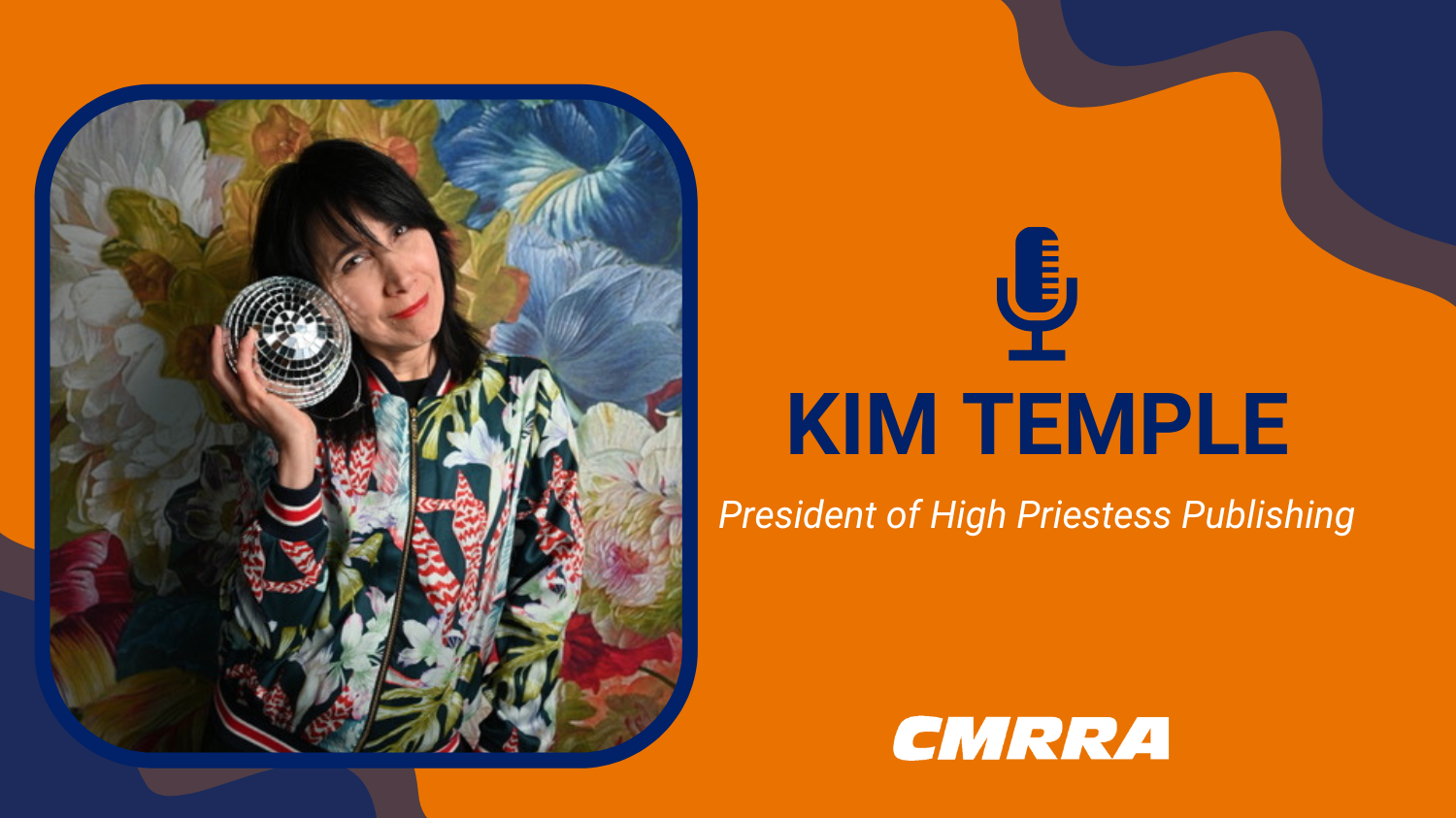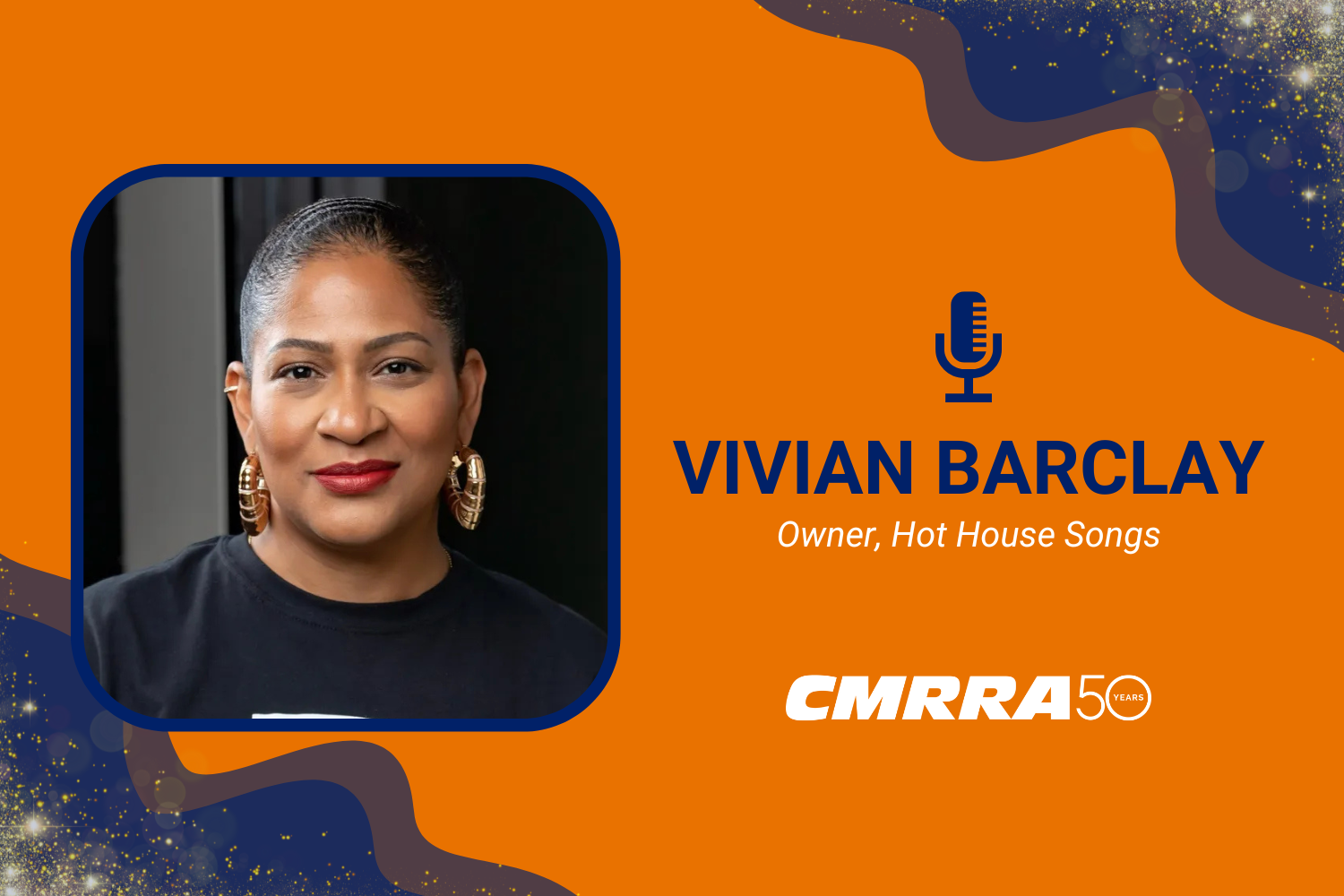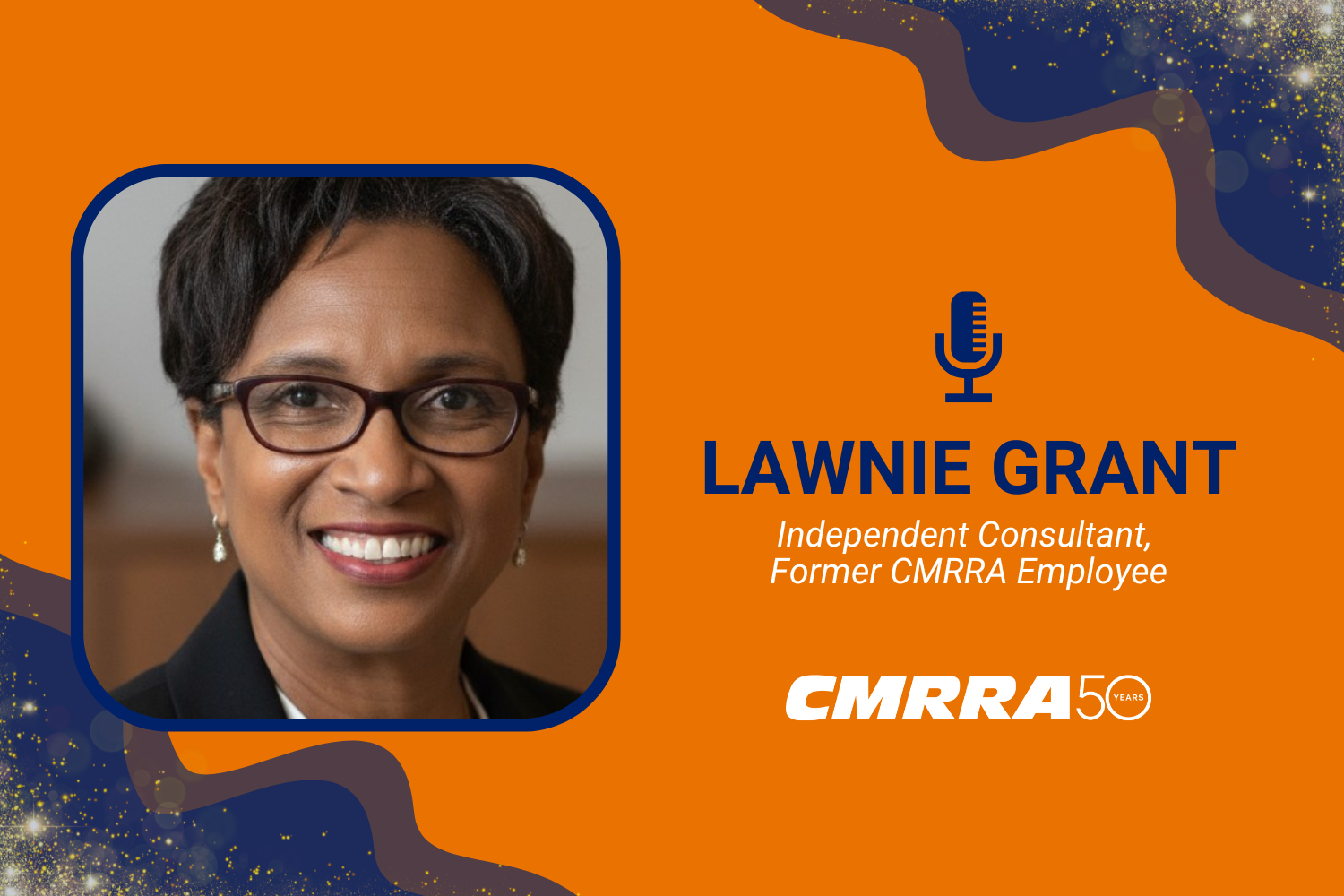By Isabelle Speerin
Not many people can effortlessly balance three jobs in the music industry and remain sane at the end of each week, but music industry veteran, Kim Temple, is one who can. Regardless of which hat she’s wearing publisher, sync queen, or mentor – Kim’s passion for the industry stems from a single place, a deep desire to support and uplift songwriters, artists, and composers.
“I love what I do, and I feel so passionate that when I wake up in the morning, I’m instantly excited and planning \what to do next,” she said.
It started simply, Temple took piano lessons growing up in Toronto, and later played drums while studying at McGill University in Montreal. Her dexterity on the drums led her to join Bodega, an alt rock band from Montreal with past members including Leslie Feist and Sam Goldberg Jr. of Broken Social Scene. Temple spent four years with Bodega, whose debut album was nominated as Best Alternative Album of the Year at the 1999 JUNO Awards.
“I fell in love with drumming,” she said. “I had limb independence because my mom was a dance teacher, and I played a lot of sports so drumming came naturally.”
When not gigging or bartending, Temple spent her days working in film and television production, which offered a glimpse into the world of sync and music placements. Bodega eventually disbanded and Temple formed a working relationship with Canadian film and television composer and Music Revenue Data (MRD) founder, Marty Simon. MRD represents some of the top film and television composers in Los Angeles and Toronto and Temple credits Simon with teaching her everything about music publishing.
“One of my career highlights was when one of the composers we represented, Mychael Danna, won the Oscar for Life of Pi,” she recalled. “He was like, here, hold the Oscar!”
Temple now oversees sync and licensing at Six Shooter Records, a female-owned and led independent record label in Toronto with an artist-centric business model. Six Shooter is home to artists July Talk, NYSSA, Whitehorse, William Prince, and Inuk throat singer, Tanya Tagaq, who was recently honored at the 2023 Canadian Sync Awards. On a typical day, Temple juggles everything from composer agreements to creative pitching, metadata management, copyright registrations and attending industry events.
Temple also heads up a joint venture with Six Shooter Records founder, Shauna de Cartier, formed just prior to the pandemic.
“Shauna and I decided to create High Priestess Publishing so I could sign my own roster of songwriters and composers and work with them more creatively,” she said.
High Priestess features a diverse roster of songwriters that deeply align with its core values to support LGBTQ2S+ and racialized artist communities. Toronto-based singer-songwriter Witch Prophet and JUNO award-winning music artist James Baley are just a few of the 40 independent music creators Temple works with.
“We also just signed an incredible artist named whose brand of pagan-punk rock is about to take the world by storm,” she said. “And yes, we consulted the tarot!”
One of Temple’s favourite tools to leverage as a music publisher is CMRRA’s Unclaimed Works Portal, which allows users to search for unmatched uses of their repertoire.
“CMRRA is an amazing resource for publishers,” she said. “My team uses their portal regularly for song registrations, repertoire searches and to license songs covered by our artists.”
When not at Six Shooter/High Priestess, Temple oversees the Women in the Studio National Accelerator Program at Music Publishers Canada (MPC). The accelerator is designed to address barriers in the music industry that exist for female, gender fluid, non-binary, and gender non-conforming producers.
“We take this group of underrepresented producer songwriters, bring them into a community and give them tools, resources and mentors,” she explained.
The six-month program offers participants a curated series of workshops, networking opportunities, educational sessions, and entrepreneurial development. Now in its fifth year, Temple is excited to see the mentorship program bear fruit, with former mentees signing up to mentor the next cohort of participants.
“So many of our grads, like Isabelle Baños in Montreal and Sarah MacDougall in London, have gone on to do great things and open their own studios,” she noted.
She points out that the digital age has made it easier than ever for creators to write, record, and produce, especially for those of marginalized groups. “There are free lessons, tutorials, master classes and webinars where professionals share production tips online,” she notes. “It’s very democratizing.”
The musical landscape has also cracked open geographically thanks to sophisticated translation tools which employ machine learning to help connect global audiences.
“It’s created more opportunity for Canadian songwriters to engage with fans around the world,” she said. “My kids have been exposed to J-Pop, K-Pop, and Punjabi rap.”
While many in the industry fear AI, Temple sees it as a tool that can be leveraged to help songwriters and publishers be more efficient and make more informed choices.
“The optimist in me likes to think more of the possibility and the opportunity that AI is going to bring us as opposed to the negative,” she said.
Temple also gives back to the music community and currently sits on the City of Toronto Music Advisory Committee, advising City Council on ways to strengthen and grow Toronto’s music industry. When she’s not playing hockey in the Exclaim! Musician’s league, she can be found obsessively listening to television theme songs and film scores from all eras.
To learn more about Kim Temple, visit highpriestesspublishing.com or sixshooterrecords.com.




